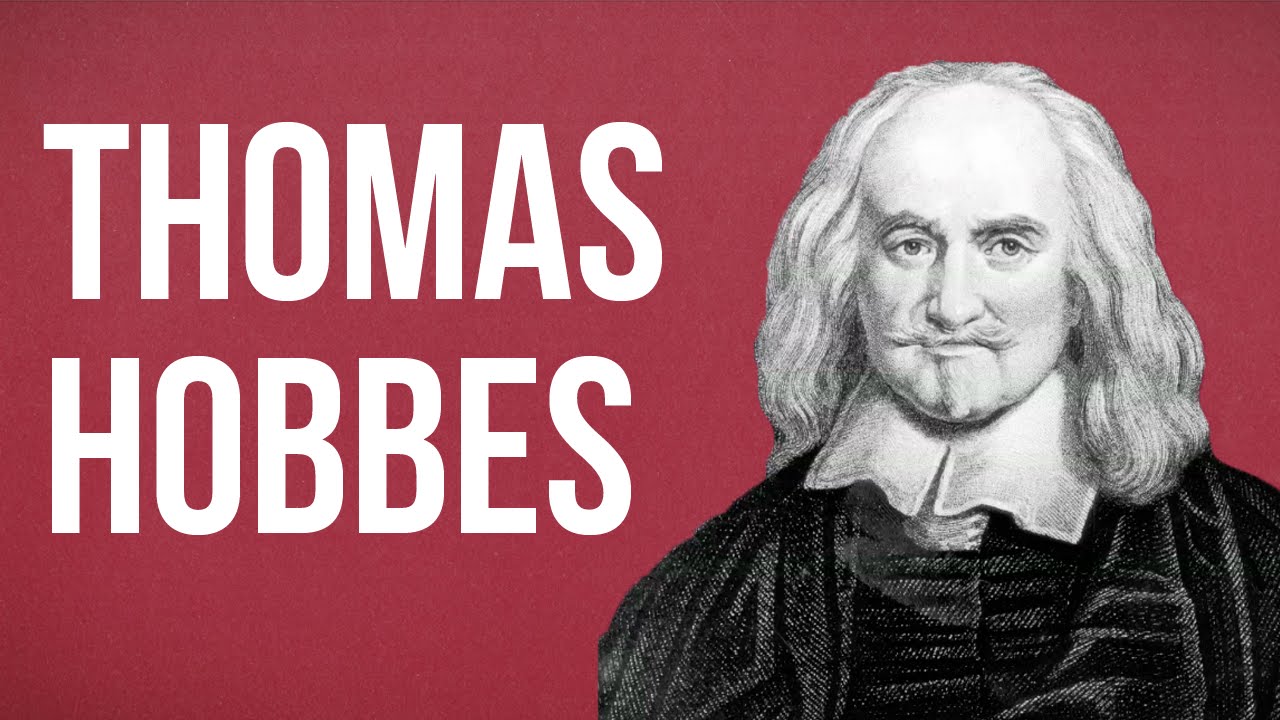He said, Homo homini lupus: Who is Thomas Hobbes?
His best-known work, Leviathan, dated 1651, became his bedside book, charting the path of Western political philosophy. Leviathan was the name of a monster in the Torah, and for Hobbes, it was the symbol of the all-dominant state.

Another very important philosopher of 17th-century philosophy, at least as much as Bacon and Descartes, is Thomas Hobbes (1599-1679). Like many philosophers we encountered in the 17th century, Thomas Hobbes was a great mind, a child of his time. Like Bacon, Descartes, and Locke, he is also a rationalist, a scientist, and a methodist; It has been the struggle to understand the age correctly, to express it well, and to make sense of it.
Indeed, Thomas Hobbes firmly believed that the problems of the modern world could only be solved through reason and science, after abandoning tradition altogether. In fact, according to many, he “defiantly attempted to combine science and politics, while seeking a solution to the political turmoil of his time through the burgeoning natural sciences.”
Thomas Hobbes (15 April 1588 – 4/14 December 1679) was an English philosopher. Hobbes is best known for his 1651 book Leviathan, in which he expounds an influential formulation of social contract theory. In addition to political philosophy, Hobbes contributed to a diverse array of other fields, including history, jurisprudence, geometry, theology, and ethics, as well as philosophy in general. He is considered to be one of the founders of modern political philosophy.
By applying the methodology of modern science to the field of humanities, Thomas Hobbes turned to research the laws that govern civil life in the same way that Galileo studied the laws of motion; It has dealt with society on the basis of its ability to be disassembled and combined, and thus, carrying a technician's precision to politics, aimed to show what the social order is and how it will be established, and how the society will be established.
Thomas Hobbes, a philosopher born on April 5, 1588; adopted materialism in philosophy, the morality of pleasure in ethics, and monarchy in politics. His best-known work, Leviathan, dated 1651, became his bedside book, charting the path of Western political philosophy. Leviathan was the name of a monster in the Torah, and for Hobbes, it was the symbol of the all-dominant state.
Although he is known today as a political philosopher, he was interested in many fields such as history, geometry, ethics, and general philosophy.
Hobbes went to Oxford at the age of 15, where he learned scholastic logic and Aristotelian philosophy. At the age of 22, he took a great trip with him in 1610 as Lord Hardwick's tutor. It was on these dates that he started working on Galileo and Kepler, which he was very impressed with.
In Italy, he visited Galileo, then returned to England. When Parliament met in 1640 and Laud and Strafford were imprisoned in the Tower of London, Hobbes was horrified and fled to France and did not return for 11 years. For a time, Hobbes taught mathematics to the future Second Charles. However, when Leviathan was published, the impact of the book was immediate and great.
The re-establishment of the monarchy by Charles the Second on the throne in 1660 allowed Hobbes to rise to the top once again. Although the bishops and the minister of justice reacted against his admission to the palace, the king, who liked Hobbes's quick wit and wit, paid him a salary of 100 pounds a year and had his portrait hung in the gallery in the palace. The bill prepared by the House of Commons against profanity and atheism in 1666 put Hobbes in a difficult position. When the committee to which the bill was sent was instructed to examine Leviathan, Hobbes, who was about 80 years old, burned his articles that he considered dangerous. The rationalist and secular spirit of Leviathan vexed many of the refugees, angering Anglicans and French Catholics alike. So Hobbes, who had no other choice, secretly fled to London and appealed to the British government for protection. There he refrained from any political work, bowing to Cromwell.
To fill his spare time, at the age of 84, he wrote his own life story in Latin and in verse. At the age of 87, he published his translation of Homer.
